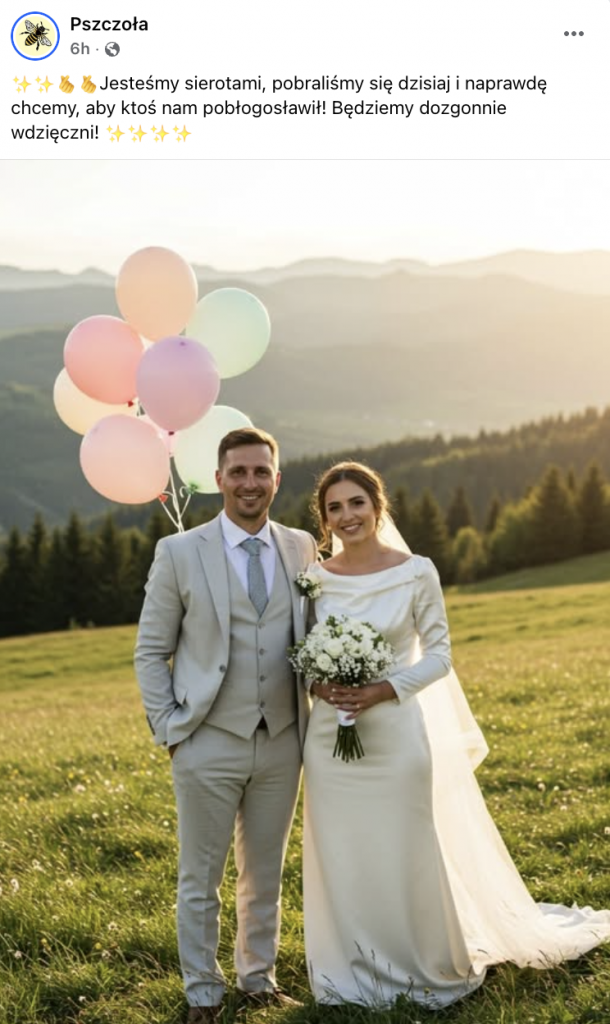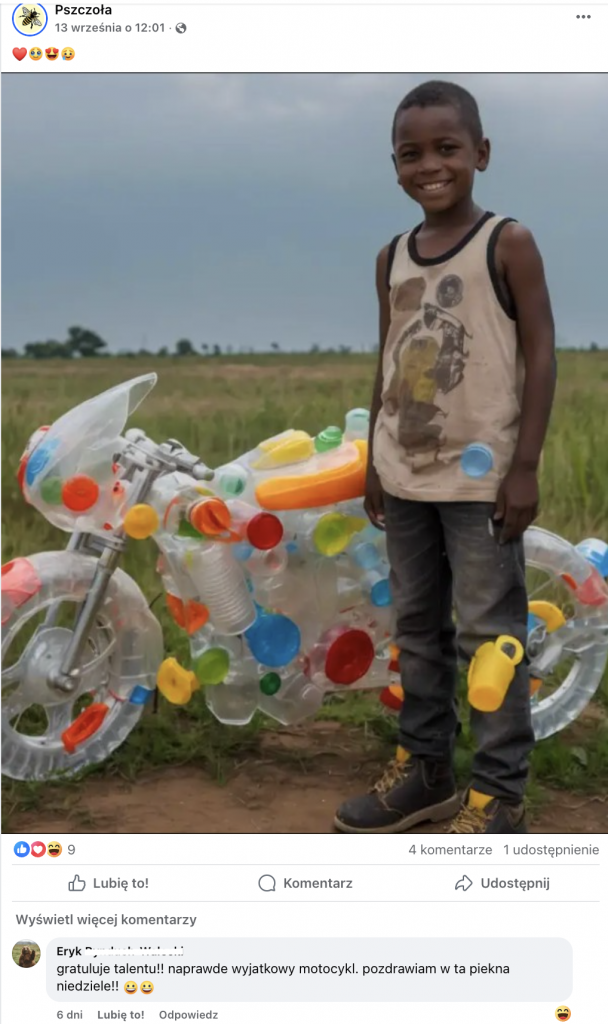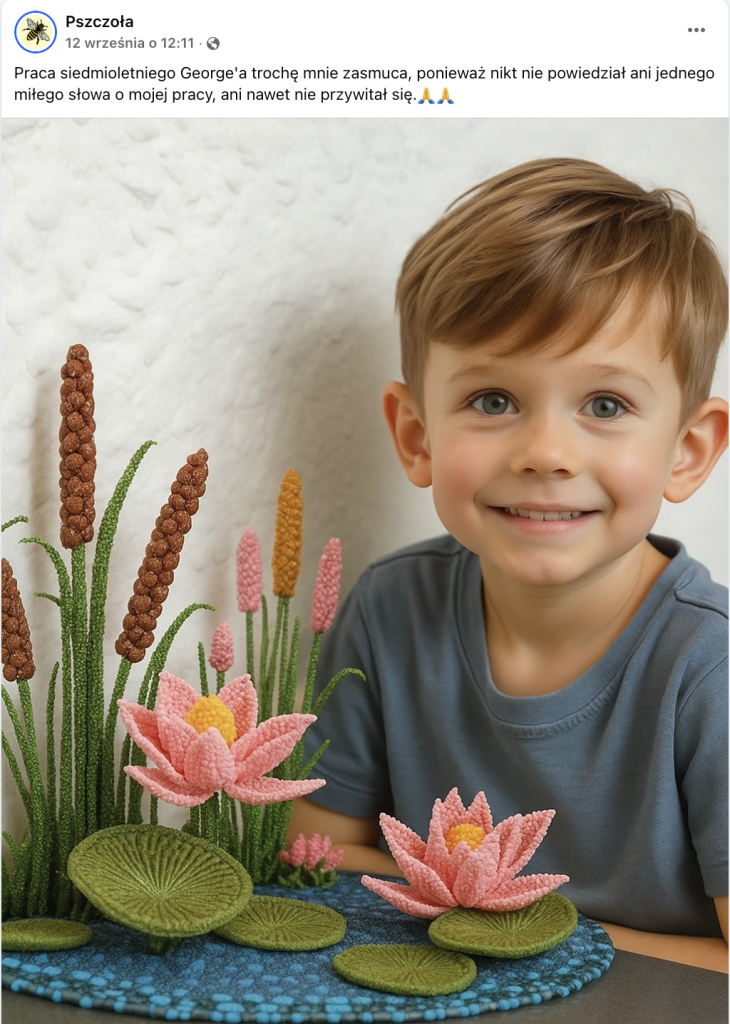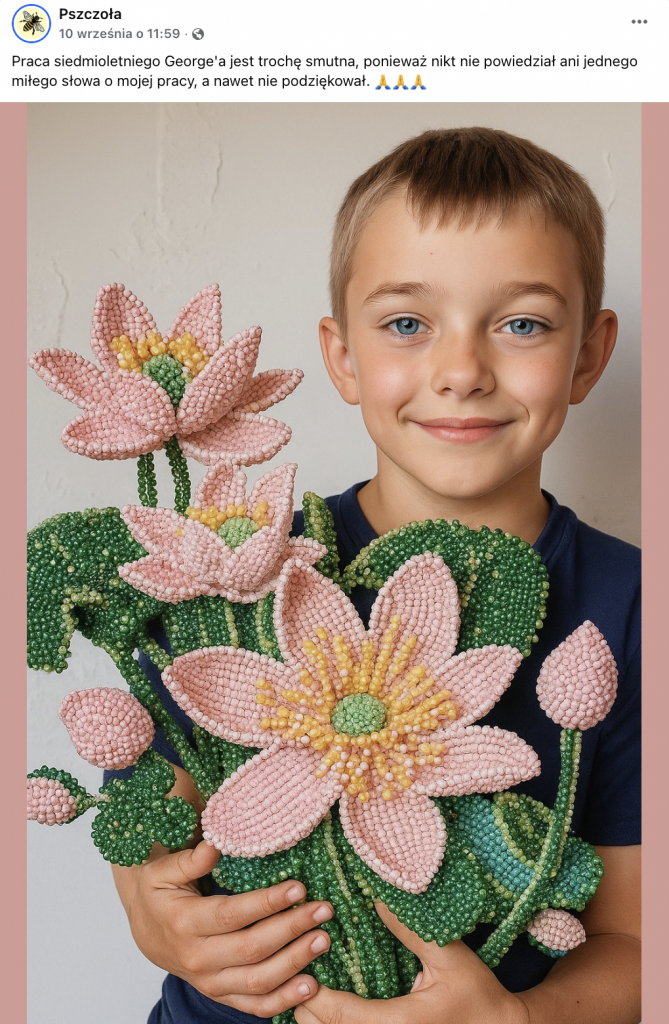The digitalization of the modern world definitely happened and continues to happen much faster than it might have been expected a couple years ago. The phenomenon of digitization could especially be seen while comparing the online engagement of a student in their twenties to the generation of their parents or even their grandparents. At core, using the digital media for each person from these generations enables them to access the same information sources and perform a wide range of actions, but in many cases the generational differences will be visible in those people’s perspectives on the online content. I would like to argue that not many old people actually realise what the digital is and how it works, even if they can navigate well through the digital tools and devices.
Older people, who got to use their first computers in the times of their ‘proper’ adulthood, now have access to all social media and AI just like the younger generations who grew up with the Internet as the inherent part of their lives. Of course there will be cases where seniors can perfectly use their newest iPhone without hesitation, but in this post I want to focus on the phenomenon that has recently been brought to my attention, which is specifically focused on the Polish Facebook scene as it has been a subject of the media discussion in my information bubble.1 It involves usually older and ‘digitally unaware’ people ‘interacting’ with AI generated images posted on the leading online platforms.
When we think about Facebook, which once gave rise to the social media we know now, stereotypically we think of proud moms and grandmas posting tacky images with motivational quotes like “Good morning on a Saturday, I wish you a tasty morning coffee”. (source)

This phenomenon of a weirdly looking collage has grown so popular that it eventually transformed into a medium for scamming older people with the use of AI generated content. Because they were already so used to those distorted quality images on the platform, the AI images seemed just as normal. This content is usually posted Facebook groups called with a single verb name, luring people to believe that they are joining a group concentrated on a specific content, for example an animal like “Pszczoła” – a bee, though they do not have anything in common with the posts on that group. All these posts are a combination of a fake picture and its short description, usually emotional and encouraging to leave a comment. Often these descriptions have grammatical or spelling mistakes which should be easier to detect and may leave an additional cue of the posts being fake, even for wider audiences who not necessarily are familiar with modern visual media technologies.

“Today is our wedding, congratulate us, we will be very grateful! A lot of people were laughing at us because of how we were dressed.”
While we can suppose that a younger person would just ignore it by recognizing the AI content, the elderly often can have problems with making that distinction and usually, their comments are supportive, full of congratulations and even advice. Even though commenting is not harmful itself, the level of emotional engagement with those artificial creations rises. By not being able to detect AI, people who leave positive comments can be targeted as potential victims of digital frauds and be sent questionable messages in the private chat. Moreover, these posts may already include a link to an online fundraiser or other suspicious links, which opens the gate to more negative consequences for uninformed people.
AI is getting better every day and therefore it is important to spread the knowledge of differentiating the AI generated image, graphic illustration, picture and other forms of visual media seen online. Along with the awareness that now, with the overstimulating trend of sharing an unimaginable amount of information daily from multiple channels at the same time, one should not believe the content unless given some evidence, and not the other way around (as it used to be). I believe that this phenomenon plays on the generational differences and though at first it seems innocent and even funny, it proves how consuming digital media is looks like from different perspectives, and that under the cover of emotional content these posts may cause harm to parts of the society.
Below, I provided more examples (for fun):

‘We are orphans, we got married today and we really want someone to bless us! We will be eternally grateful!‘ (It’s not my translations being bad, I am just trying my best to give off the same vibe as the original post with the not very accurate grammar or vocabulary.)

Comment ‘Congratulations on your talent! Very remarkable motorcycle. Greetings on this beautiful Sunday!!‘ shows that the person might have not realized that the image is AI generated.

‘The work of 7 year old George makes me a little sad, because nobody said a single nice word about my work, not even said hello.’

Two days earlier: ‘The work of 7 year old George is a little sad, because nobody said a single nice word about my work, not even thanked’.
1 I believe that this phenomenon is interesting to touch on, however I decided to speak for only my information bubble (Poland) since it is particularly intriguing that the mistakes of AI can be detected more easily when it tries to produce content in niche languages, adding dimension to the case study.
All images from this Facebook group.




I really liked your post! I think you make a great point about how AI could be used in a very funny way, but that there is also a danger in how realistic AI is becoming. Just like you said, the elderly may have a bit more trouble with distinguishing what is real or what is AI. Not to long ago my father showed me a video about the building of the stadium of our favourite footballclub and I had to tell him it was AI… it broke my heart.